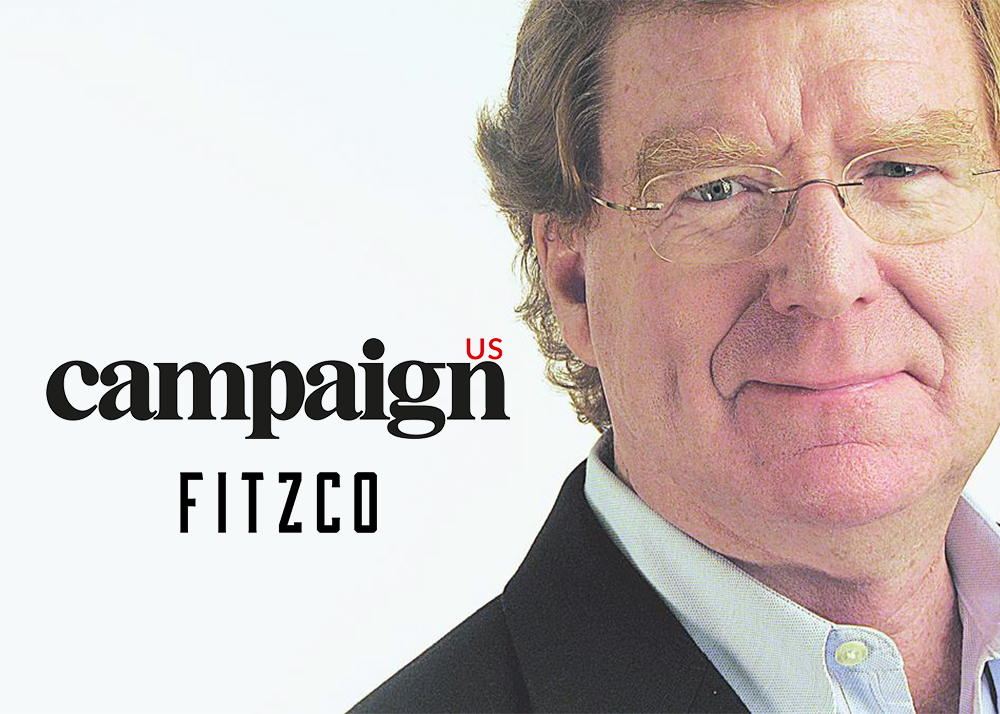How advertising can meet the challenge of insurrection.
Our world is nothing if not ironic.
We live in an era of universal access to information and an unparalleled ability to create, shape and share ideas. Yet our society is grappling to distinguish objective truth, genuine fact and unassailable credibility.
Nearly 40% of Americans don’t accept the results of the 2020 election — even after it has been certified by all 50 states. The world’s oldest democracy is reeling from conspiracy theories, half-truths and outright lies that play on fear.
As always, there’s a whole lot of talking and not a lot of listening going on.
Deceit, prevarication, selective fact-sharing and a willingness to raise doubt have become art forms for politicians, pundits, activists, advertisers, publicists, marketers or anyone with an axe to grind and a mobile phone with a battery charge.
And now it is done in color, with words, music, animation and clever editing. It’s backed by research that ensures a message can reach an audience of “true believers,” who then extend its reach to other “true believers” even before it is unleashed on the wider world.
Some facts:
- The average 12-year-old has the tools and skills previously exclusive to major television networks, brands and publishers.
- Basic PR skills are so prevalent that influencers with an iPhone and an imagination can instantly reach millions of people globally.
- The plummeting levels of trust in all institutions – save the military – is at an all-time low.
- Belief has replaced “fact.” And “facts,” which we used to venerate, are fungible.
What’s an agency to do in this time warp? Use our influence to steer clients away from the outlets that ignore standards of truth.
- Stop feeding the beast. Insist that media buying algorithms be tweaked to ensure that content surrounding ad space is void of hyperbole, lies and slander.
- Advise clients to direct their advertising away from platforms, programs and outlets that play loose with truth, because it sullies their brands.
- Set up an industry watchdog that actively measures media outlets for honesty, trust, reliability and adherence to ethical standards. Establish a daily report on the most egregious violators and call on advertisers to spend their dollars elsewhere.
The stain of lies, innuendo and outright slander leeches into our work, complicating our stewardship of brands. Creativity alone can’t break through the fog of deceit and cherry-picked facts.
Generations ago, David Ogilvy said: “Advertising is only evil when it advertises evil things.” Today’s corollary must acknowledge that advertising that appears adjacent to — and financially supports — slanderous programming is perpetrating evil on the public.
If we want our messages to resonate, build brands and sell products, they must appear in an environment of honesty and forthrightness. We need a collaborative effort to systematically avoid egregious political speech, specious claims and outright lies, and the environments where they exist.
Critics will argue that calling this obsession with “truth” is anathema to our business; at the end of the day, the marketplace will render the final verdict.
The democratic nature of the internet allows customers to directly call out companies that don’t consider the veracity of the content or media environment they use to reach an audience. But we need to evaluate the media environment in real time, point out the lies, label exaggeration and call thinly veiled falsehoods and outrageous claims into question.
The post-factual is toxic. It’s corrosive to our industry, deadly to society and ultimately as dangerous to consumers as the insurrection that nearly overwhelmed Capitol Hill.
Let’s fix it. Now.
Dave Fitzgerald is CEO and founder of Fitzco





